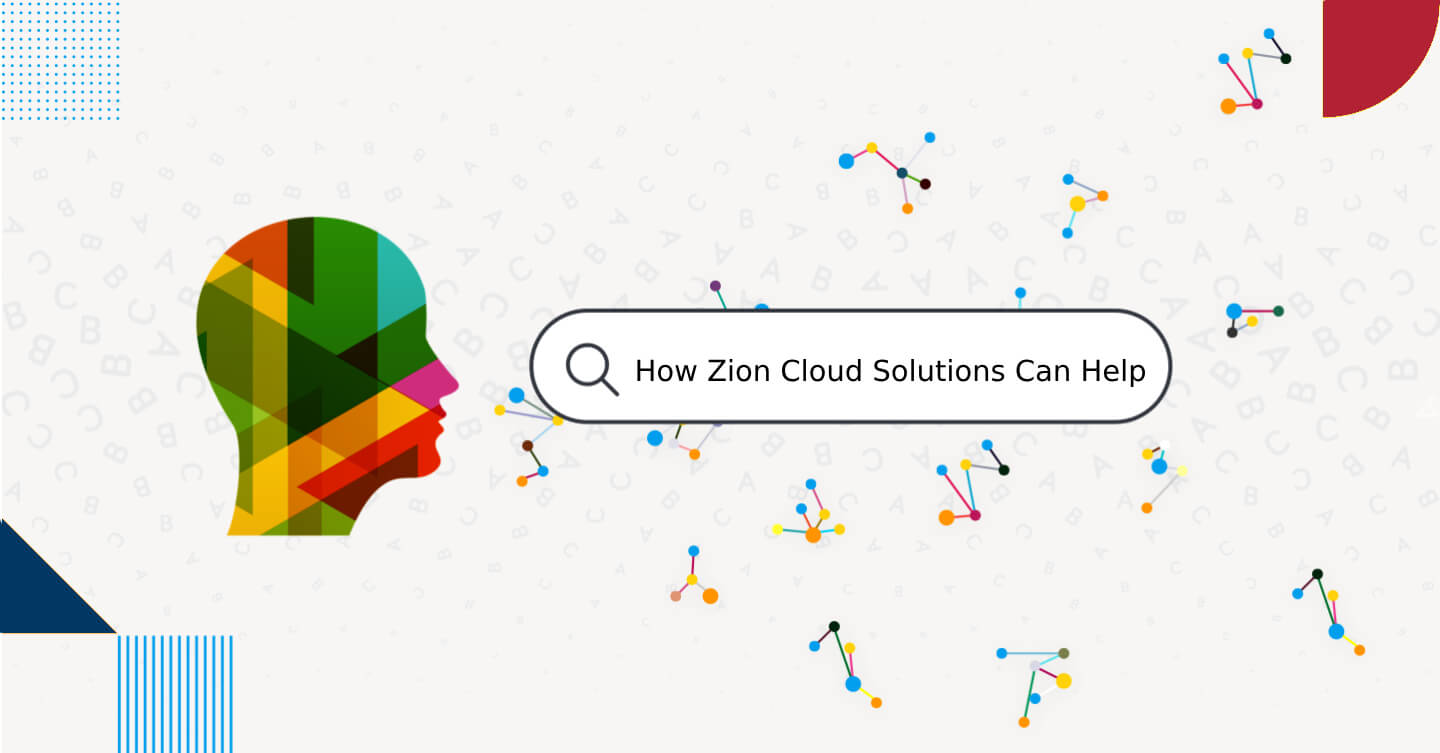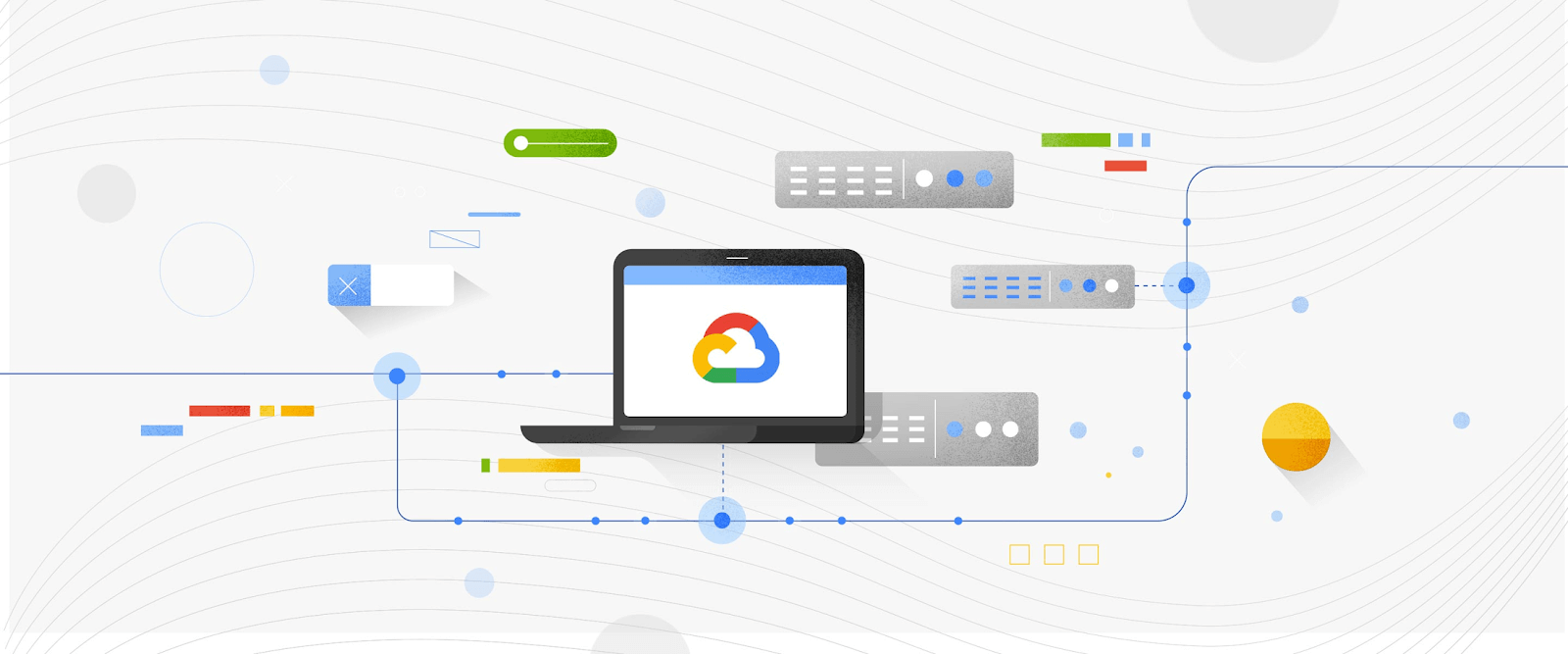Building a Data-as-a-Service (DaaS) Model: A Catalyst for Enhanced Customer Satisfaction and Business Growth
In today’s digital age, data is the backbone of business success. However, effectively managing, analyzing, and leveraging this data can be challenging. This is where Data-as-a-Service (DaaS) comes into play. DaaS offers organizations the capability to access data on demand, much like how one would access electricity or water. But how does DaaS impact customer satisfaction and business growth? Let’s delve deeper.

1. Seamless Access to Quality Data:
- Centralized Repository: DaaS centralizes data sources, reducing data silos and ensuring that every application taps into consistent and quality data.
- Up-to-date Data: By ensuring data is regularly updated, applications can provide users with timely and relevant insights, enhancing user experience and satisfaction.
2. Scalability & Flexibility:
- Adaptable Infrastructure: DaaS allows businesses to scale data operations in accordance with demand without heavy infrastructure investments.
- Flexible Pricing: Organizations only pay for the data they use, enabling them to allocate resources more efficiently and invest in customer-centric initiatives.
3. Enhanced Data Security & Compliance:
- Robust Security Protocols: DaaS providers invest heavily in security, ensuring that data is stored and transferred securely.
- Regulatory Compliance: With regulations like GDPR and CCPA becoming increasingly stringent, DaaS providers ensure data compliance, enabling organizations to focus on building better applications.
4. Faster Time-to-Market:
- Rapid Integration: DaaS facilitates easier integration with APIs, enabling faster application development and deployment.
- Real-time Insights: Access to real-time data allows businesses to swiftly respond to market trends, ensuring they stay ahead of the competition and meet customer needs promptly.
5. Cost Efficiency:
- Reduction in Infrastructure Costs: DaaS eliminates the need for heavy in-house data infrastructure, translating to cost savings.
- Optimized Data Operations: Instead of maintaining large data teams, businesses can streamline operations, reallocating funds to improve application features and customer experience.
6. Informed Decision Making:
- Richer Data Analysis: Access to diverse datasets provides a holistic view of the market, enabling data-driven decision making.
- Personalized Customer Experiences: By understanding customer behavior and preferences through data, businesses can tailor applications to offer a more personalized and satisfactory user experience.
7. Innovation and Experimentation:
- Test New Ideas: With easy access to varied data sets, businesses can quickly test and iterate on new ideas, leading to innovative solutions that resonate with customers.
- Cross-industry Insights: DaaS can provide insights from various industries, offering a broader perspective and fueling cross-industry innovations.
Conclusion:
In an era where customer satisfaction plays a pivotal role in business growth, the importance of quality data cannot be overstated. DaaS not only provides this quality data but does so in a manner that is cost-effective, secure, and scalable. By adopting DaaS, organizations can place themselves in a prime position to build superior applications that cater to evolving customer needs, ensuring sustained business growth in the competitive digital landscape.
Note: For organizations looking to transition into a DaaS model, Zion Cloud Solutions offers a comprehensive pathway. From discovering the existing data assets to building a production-ready service, their expertise ensures a smooth and effective transition. Leveraging their services can give your organization a significant edge in the DaaS arena.





